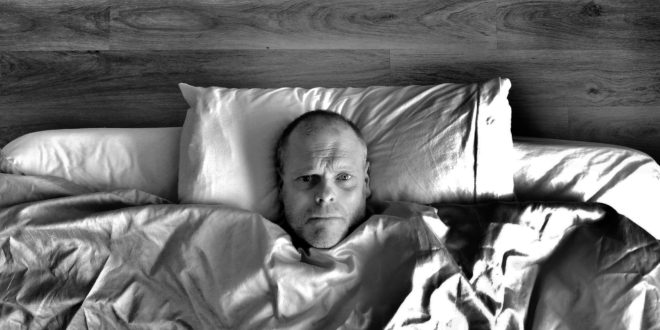Individuals with social anxiety experience many difficulties navigating their daily lives, including in job settings. Treatments for social anxiety are not effective for everyone who experiences social anxiety, nor do they sufficiently address unemployment and other functional difficulties. Because of this, more research is needed on how to improve our …
Read More »
 Cognitive Behaviour Therapy A peer reviewed, multidisciplinary journal devoted to the application of behavioural and cognitive sciences to clinical psychology and psychotherapy.
Cognitive Behaviour Therapy A peer reviewed, multidisciplinary journal devoted to the application of behavioural and cognitive sciences to clinical psychology and psychotherapy.













